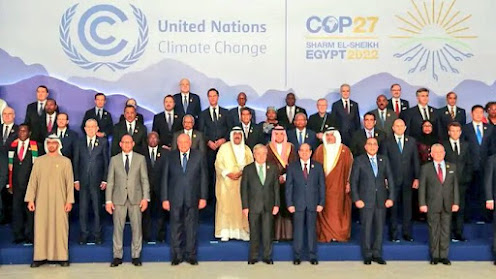It's a period - Bloody get over it!
I often start these blogs with an introduction of how lucky we are in this country to not have to worry about trekking for hours to collect water. However, period poverty has been making headlines recently due to it’s presence in the UK with 1 in 10 14-21 year olds admitting they have been unable to afford menstrual products (Plan International UK, 2017). This is a heart breaking statistic. Menstrual poverty is not a ‘them’ issue, it is a global disaster. This blog will focus on Uganda and Kenya as a case studies but when reading this acknowledge there may be people in your life who may have forgone period products during their cycle due to cost.
Not to be seen, not to be heard
In many countries within Sub-Saharan Africa, menstruating is a huge stigma and not spoken about in public. Pollution, evil, danger and abomination are often associated with the natural biological process. In Oyugis, Kenya menstruating women are not allowed to go and pick vegetables at the Shamba (farm) as local taboo suggests that they will spoil food (MacLean et al., 2020). They are also not permitted to enter the church as they are seen as unclean. This is used as a form of control to limit women’s agency and power (Koutroulis, 2001) highlighting gender inequalities which run through the church, the isolation of women due to a natural process reinforces these dynamics. It is also engrained in Kenyan society that periods should only be discussed between women, the conversation should never happen in the presence of men. However, what is ironic is that even though men should not be involved in conversations regarding periods, it is unfortunately uncommon for girls to be taunted at school by male classmates for menstruating, this leads to girls skipping school while on their period.
Period Poverty
Many girls in Uganda fear attending school on their period due to risk of leaking and end up staying home. This is combined with lack of privacy due to some school toilets not having doors and no sanitary pad meaning young girls are forced to find alternatives such as leaves and old clothes as a makeshift replacement. As a result, nearly a quarter of Ugandan girls between the ages of 12 and 18 drop out of school when they begin menstruation. This is a terrifying statistic and demonstrates more funding and education needs to be given regarding water, sanitation, and hygiene (WASH). A
A solution?
Ugandan entrepreneur Lydia Asiimwe has created low cost, disposable and biodegradable sanitary pads called EcoSmart, shown in Figure 1. This is a groundbreaking product as more girls will be able to access them and stay in school as a result. This is a step in the right direction for Uganda in terms of reaching sustainable development goal 5.6 which references sexual and reproductive health.
Figure 1 - Lydia and schoolchildren holding EcoSmart sanitary pads.
Periods are natural, periods are normal and most importantly they are not a choice. In order for there to be real change, it is not just women and girls that need to be educated, but the men in government making the decisions.


Wow! This was a really interesting read! The inclusion of references to period poverty in the UK was extremely thought provoking and a great way to break-down the stereotypical ways of thinking about Africa that Wainaina wrote about. You also wrote about the stigma associated with menstruation, how do you think periods can be destigmatised in places like Kenya and Uganda?
ReplyDeleteThank you Helen! I think in order for menstruation to become destigmatised it needs to be incorporated into the education system. This way, young girls are prepared when they start their period. I also think it would be helpful if it was on government agendas and a national campaign would be useful to normalise menstruation in society.
Delete